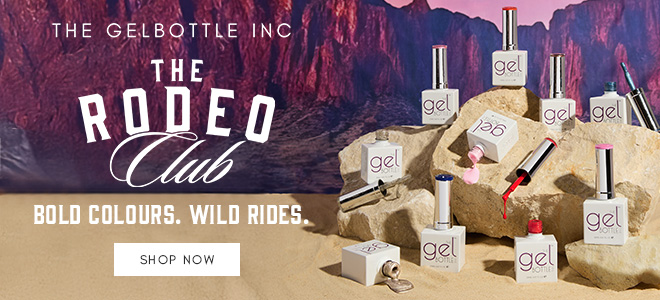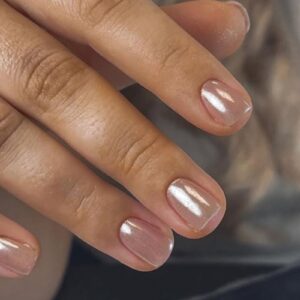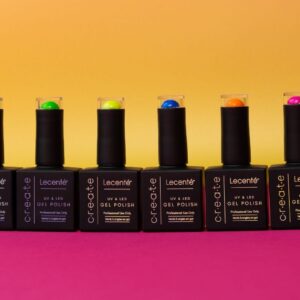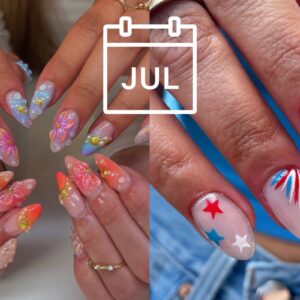Why are client consultations so important in the beauty industry?
By Michelle Brookes | 03 May 2024 | Expert Advice, Feature, Training

A client consultation should be completed by every client before they receive a nail or beauty treatment. This consultation should be regularly reviewed to ensure that nothing has changed medically or personally.
So, as beauty professionals, why do we need to complete a consultation form for each client?
- It is an insurance requirement. Your insurance would be invalid in the event of a claim without evidence of a good consultation.
- You need to have up-to-date contact details for your client in case you need to get hold of them in an emergency. If your client agrees to sharing their details, such as an email address, you can contact them for marketing purposes to help grow and promote your business. Email marketing is my main focus as a salon owner, as it helps me fill empty appointment slots.
- A full medical check allows you to check for any contraindications that may prevent or restrict the nail service. Certain medical conditions, such as diabetes, can restrict the treatment but not prevent it, whereas if your client has scabies or ringworm it would prevent the service until the infection clears.
- You need signed proof that your client consents to the treatment and understands the aftercare process. It is good practice to ensure your client signs that they have received written aftercare advice after a service. This can be in a printed or digital format.
- The consultation can also allow you to ask for treatment goals and record findings during the visual consultation at the start of treatment.
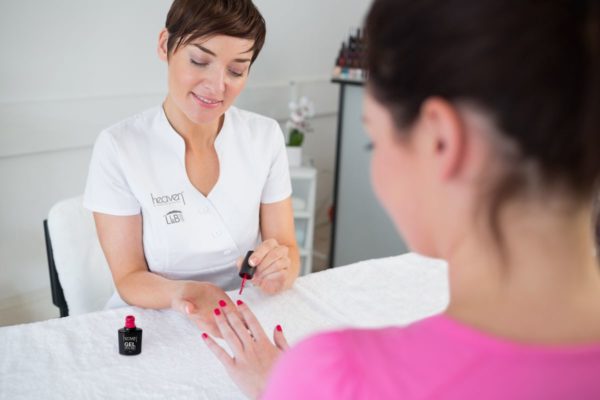
How to create a consultation form
Many companies sell pre-made consultation cards, which are great if you’re short on time or just starting out. My advice, however, is to create your own, to ensure that all the information you require is listed. I also believe that a branded consultation form looks more professional. You can create the forms on paper, however you will need to follow GDPR regulations and store these in a lockable cabinet. Having them on paper also means you have the extra time filing them away and locating them.
Digital consultation forms can be emailed prior to the client’s appointment, which saves time in the salon and means you avoid a client turning up with a contraindication and then having to cancel the appointment. Going digital allows you to access the consultation at any time, and there is no filing or storage required.
Remember: if you choose a digital consultation form, it needs to be double password protected to be GDPR compliant. There are many digital consultation programmes available, and for my salon, Beauty Lounge, we have created one via online booking system, Ovatu. I have also heard positive feedback from my learners about one called ‘Faces Consent Forms’. When I’m teaching, I use paper consultation forms as want my students to practice and experience in carrying out a full consultation with their client.
What if a client refuses to complete a consultation?
Refuse the service! I can understand why a client doesn’t want to leave their mobile number or email address, and that’s fine. But clients who will not answer the medical questions may be contraindicated or do not understand why the beauty therapist needs these answers. I educate the client so they understand the importance.
Beauty Lounge was visited by a client who refused to complete the consultation form and was quite aggressive with my staff member when asked. The client in question demanded to see me, in my role as manager, and spoke to me in a very unpleasant manner – as no other salon had asked her to complete a consultation form. I took the client to one side educated her on why it needs to be done, and why it wasn’t acceptable for her to behave aggressively with my staff member when they were following industry protocols. She unfortunately didn’t accept it straight away and I had to answer her questions.
One of the client’s was: ‘Why do you need to know if I’m a diabetic?’ which was my favourite question to answer as there is a history of diabetes in my family, and I could confidently talk about how extra caution needs to be exercised with diabetic clients as they can suffer a loss of sensation and heal slower. In the end, she completed the consultation and had her treatment, and as she didn’t live locally, she did not return. I hope my education to her has changed her perception for the future.
If you do not give in-depth consultations, you need to introduce them to your beauty business. Explain to your clients that you are revisiting your policies, you will personally feel much better when you’re complaint.

Read the latest issue


